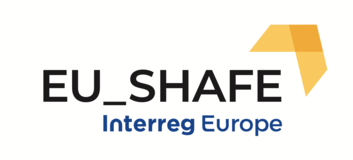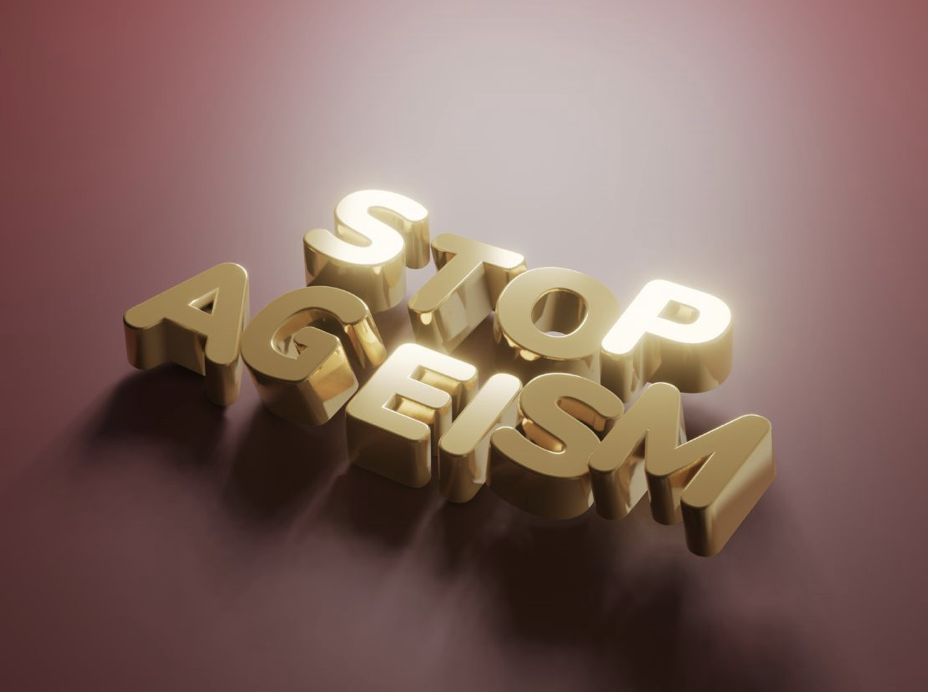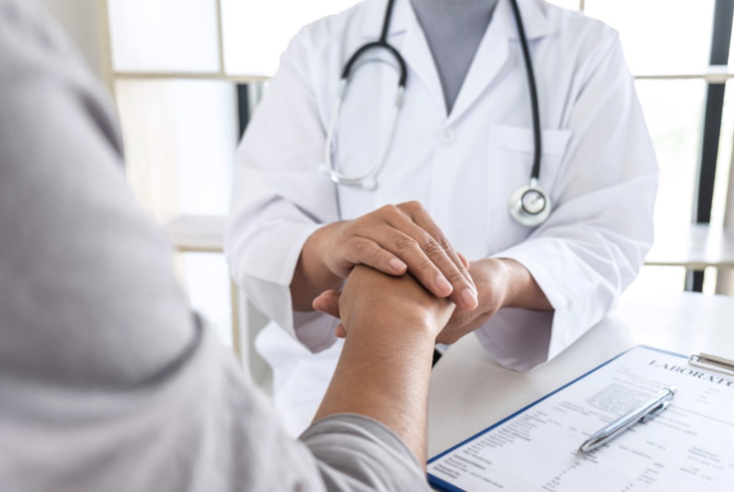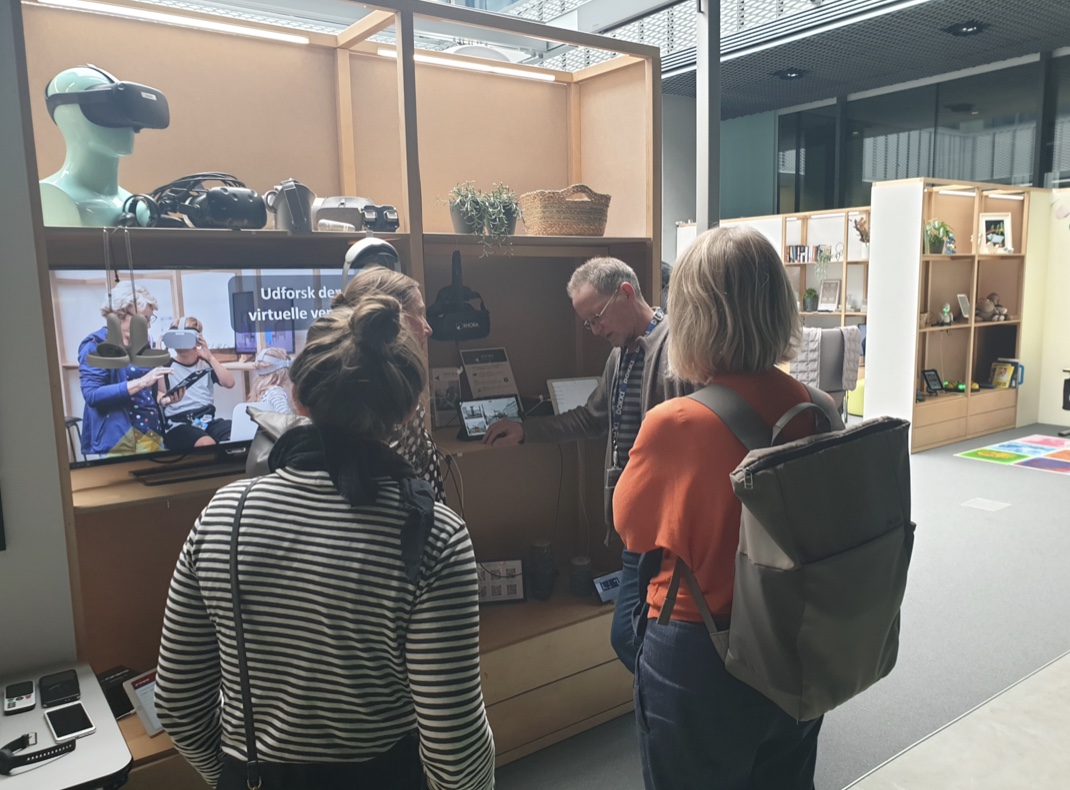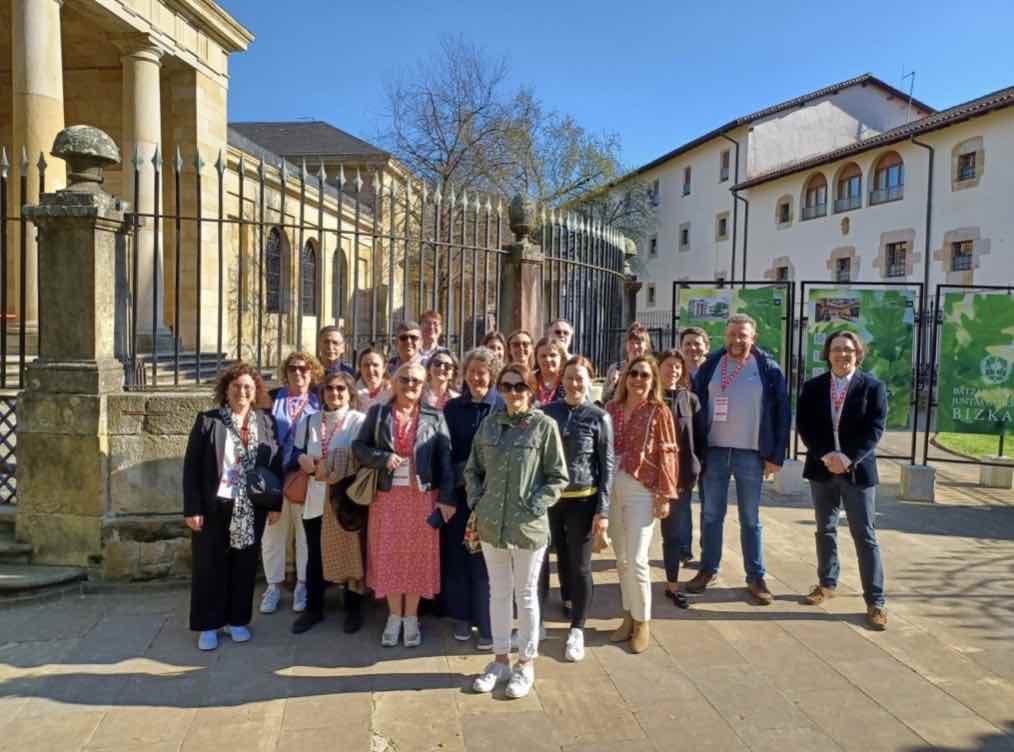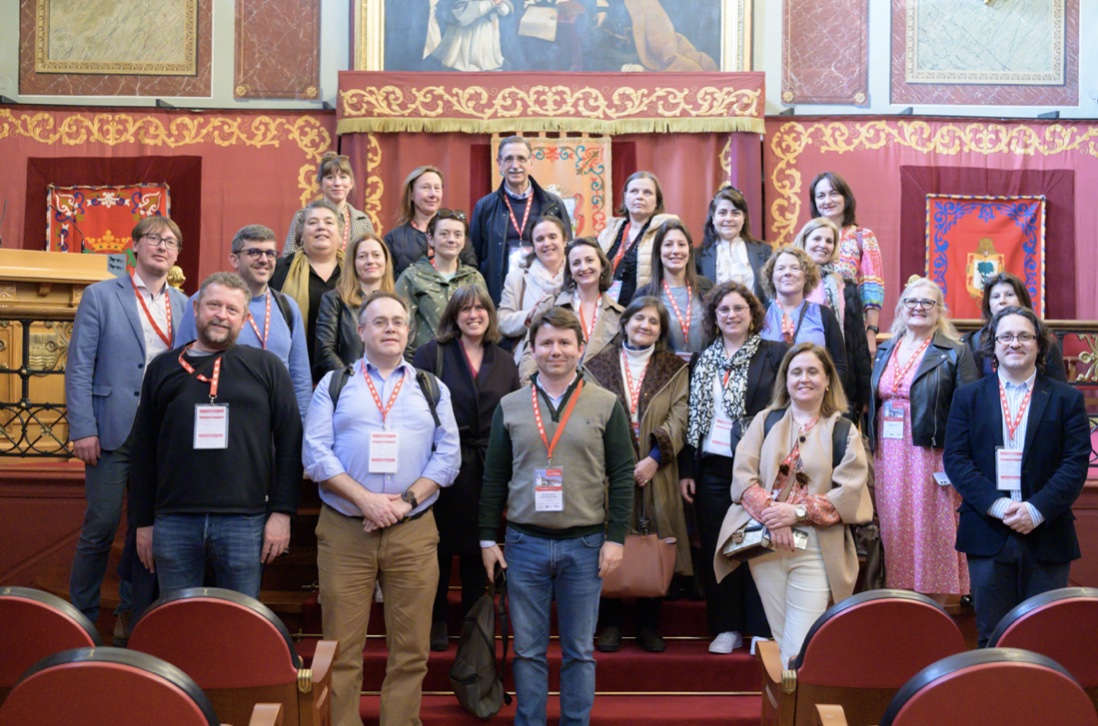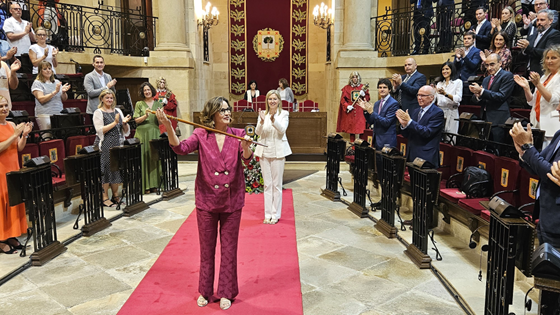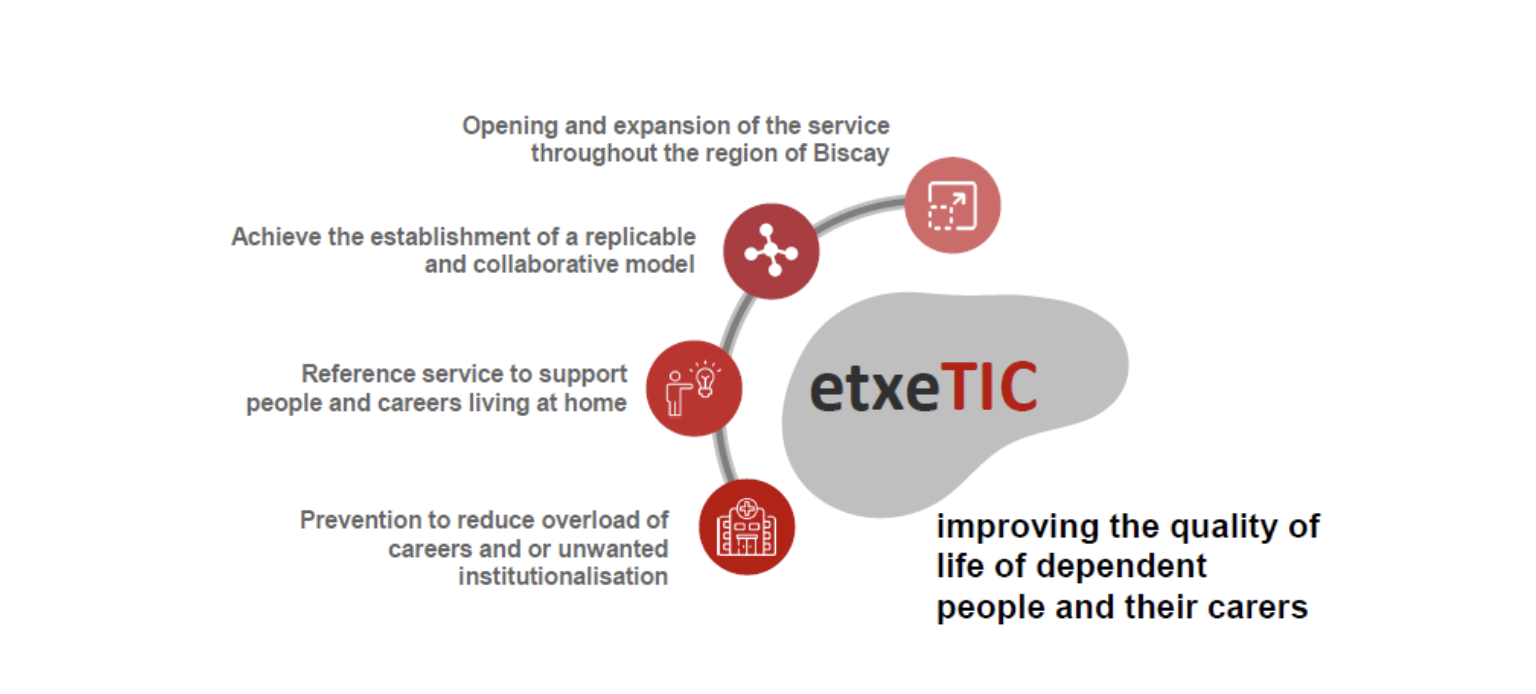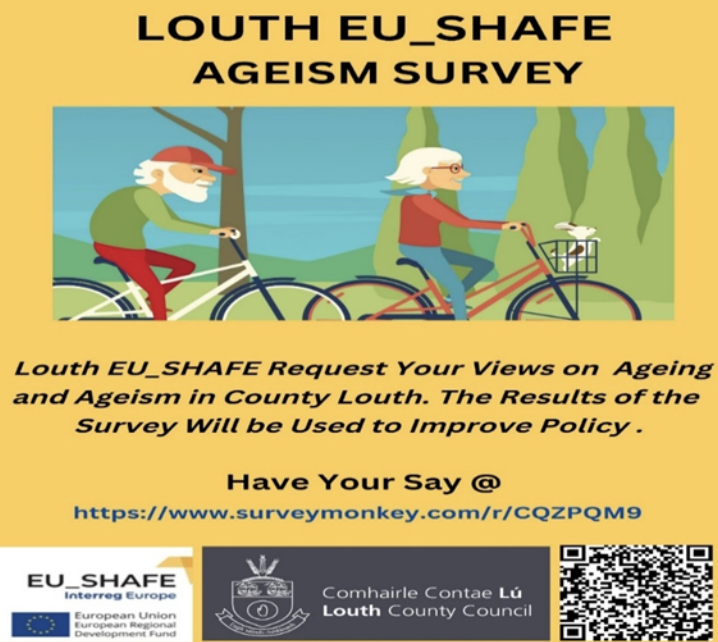Shared learning is one of the key elements of the EU SHAFE project to achieve its goal to improve policy and practice in seven European regions. During study visits and online seminars, good practices from the seven participating regions were disseminated so that participants from other regions could consider adapting a good practice or parts of it.
In this context, Alexander Fischer, the Managing Director Health for Billstedt/Horn presented the “Health Kiosk Billstedt/Horn” to 14 participants from 4 countries. The online dissemination seminar took place on May 30th May 2023.
The Health Kiosk was set up in 2017 in Billstedt/Horn, a district of Hamburg with population with an under average socio-economic index. The aim of the Kiosk was to lower the threshold for citizens to get support for all health-related concerns. It ensures needs-oriented health care and consulting in most of the native languages spoken in the surrounding of the Health Kiosk. Thus, the Health Kiosk is addressing the often-underestimated language and cultural barrier as a reason for people not to be able to access the health system.
The Kiosk is run by community health nurses. Their work in the Health Kiosk goes beyond the regular primary care that is usually offered in Germany. Besides consulting in different languages, their aim is to improve or maintain the health of citizens through multi-professional, integrated, and preventive care. They created an environment in which people themselves can become active for their health. With its health-promoting and activating offers, the kiosk aims to improve the health status of the population and reduce the proportion of chronic diseases, strengthen the health literacy as well as personal responsibility of the population, increase patient satisfaction, patient experience as well as patient centeredness, avoid misinformation and long searches for initial information, minimize deficits in outpatient care, use existing resources in a targeted manner, and strengthen care close to home.
The patient-related perspective is crucial for the Health Kiosk approach. Patients proactively identify their needs, develop individual goals and care plans together with the nurses, experience participatory decision-making and ultimately are empowered to take good decisions for their own health. The Kiosk addresses all citizens, but especially people with chronic or multiple diseases and young families.
With this approach, the Health Kiosk is fully in line with the demands of the German Council of Economic Experts, which considers low-threshold access to health care services to be crucial for a needs-based system, especially in structurally weak regions and vulnerable population groups. Furthermore, the effectiveness of the approach was confirmed by an external evaluation carried out by the University of Hamburg. The evaluation results show significantly higher satisfaction with health care among patients from Billstedt/Horn, improved compliance of patients with medical referral, optimised access to care, decreased avoidable hospital cases by 19% and increased physician visits by 1.9 visits per insured per year as well as a significant increase in networking and job satisfaction of health care actors.
The presentation of “Health Kiosk” was attended by four participants from two Slovenian Ministries, Ministry of Health and Ministry for Solidary future. Health Kiosk was first recognized as good practice to be transferred to Slovenia, during the 1st study visit in Aarhus and is a crucial part of the Slovenian Action plan prepared by Development Centre of the Heart of Slovenia.
The Health Kiosk Billstedt/Horn was inspired by the Finnish model of the "Terveyskioski". Low-threshold models of health care, led by highly qualified community health nurses are already practiced in many other countries, among others Finland, Canada, Slovenia, England, Netherlands, Ireland, Scotland, Belgium, and the USA.
